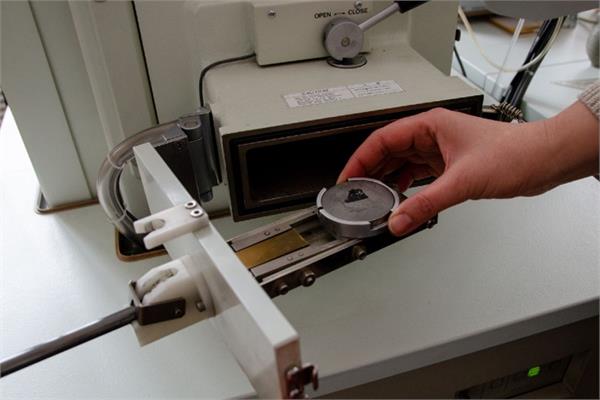
The new coating will provide heat, corrosion and ionising radiation resistance as well as the ability to absorb or reflect electromagnetic radiation.
The researchers from the South Ural State University (SUSU) have announced that the team is developing new methods for obtaining composite coatings with non-metal and intermetal high-entropy compounds as part of the New Non-conventional Materials project of the Priority 2030 programme which will allow to create coatings with a unique composition, that will provide heat, corrosion and ionising radiation resistance and the ability to absorb or reflect electromagnetic radiation.
With the support of a 1,5 million ($19,450) roubles grant from the Russian Science Foundation (RSF), the researchers applied additive technologies (modern computerised FL-Clad-R-4 laser cladding complex and CCDS2000 detonation sputtering unit) to obtain metal matrix composite coatings with high-entropy phases from powders consisting of a mix of pure components or from powders of low-entropy alloys.
“To create the coatings, powder mixture compositions are pre-created using thermodynamic and kinetic simulation methods. The programmes FactSage 8.0 and Thermo-Calc help in this. These mixtures form particles of non-metallic and inter-metallic high-entropic compounds in the coating matrix,” has explained Natalia Shaburova, the head of the project and associate professor of the Department of Materials Science, Physical and Chemical Properties of Materials at SUSU. “For a researcher, grants are above all an opportunity to continue their research, a confirmation that the topic of their research is relevant, promising and has value not only for themselves, but also for the future of the entire country. Working in small research groups, in addition to the increase in scholarship, allows undergraduate and graduate students to acquire the necessary skills and knowledge that will be useful in further independent work.”
The researchers are now also planning to conduct further structural studies of the material, in order to optimise the combination of performance properties of the coating for several industrial application, such as engine manufacturing and rocket engineering.